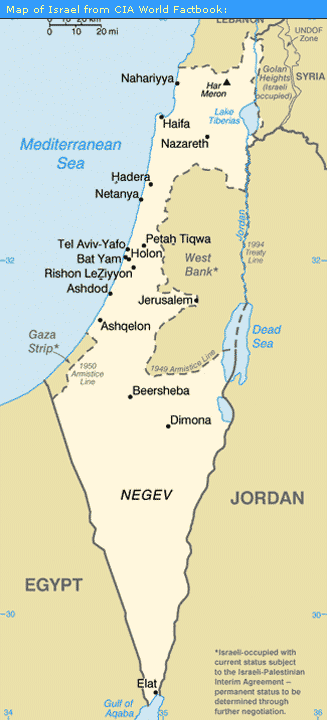Prime Minister Ariel Sharon has led the Israeli government since 2001. The Knesset, Israel’s parliament, is composed of 120 members representing a variety of parties; in order to rule, the leading party must form a coalition totaling at least 61 Knesset members. Following the collapse of his initial coalition government, Sharon’s Likud party won a large plurality of the vote in 2003. The dominant parties are the center-right Likud and the center-left Labor, but the Knesset also includes ultra-religious, adamantly secular, Arab, immigrant, far-right, far-left, and other parties. Israel’s press is independent and influential, as is its judiciary. Approximately 80 percent of the country’s population is Jewish; 20 percent of Israeli citizens are Arab (mostly Muslim). After claiming additional territory following wars with neighboring countries, Israel exchanged land for peace treaties with Egypt (1979) and Jordan (1994), and unilaterally withdrew the last of its troops from southern Lebanon in May 2000. Sharon, long considered a hawk, has angered many on the Israeli right by planning a withdrawal of troops and Jewish settlements in the Gaza Strip; the withdrawal, scheduled for August of 2005, would cede control of Gaza to the Palestinian National Authority. Approximately 190,000 Jewish residents and some Israeli troops remain in the West Bank, which is home to more than two million Palestinians. While some argue that Israel’s military presence outside its internationally accepted boundaries is unjust, others assert that it is the only way to protect Israelis from violence.
July 19th, 2005
Future for Lebanon
Map: Middle East Governments: Israel
- Introduction
- Afghanistan
- Bahrain
- Egypt
- Iran
- Iraq
- Israel
- Jordan
- Kuwait
- Lebanon
- Oman
- Pakistan
- Palestinian Territory
- Qatar
- Saudi Arabia
- Syria
- Turkey
- United Arab Emirates
- Yemen


